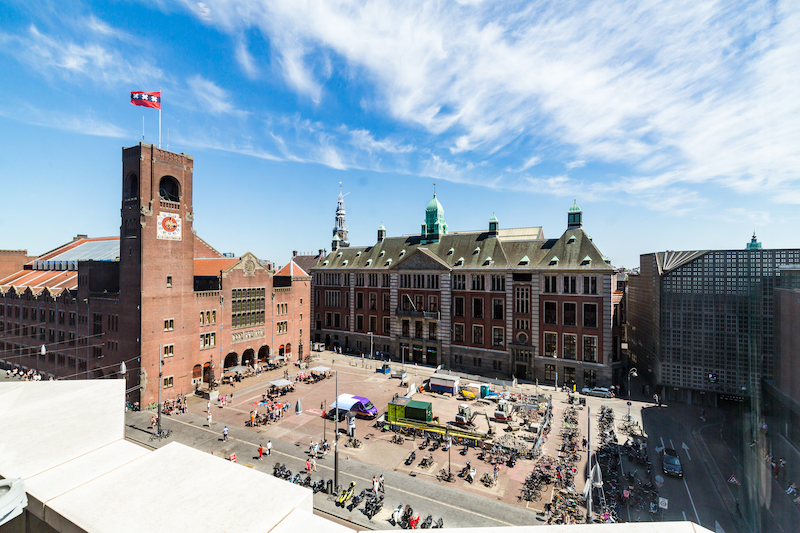Cocoa reflections: Amsterdam Cocoa week and Chocoa’s 2024 edition took on major industry issues

Amsterdam formed the backdrop to this year's Chocoa. Pic: Shutterstock
The global cocoa sector is under the microscope as never before amid major production challenges that have seen the key confectionery ingredient more than doubling in price within just a year. Kathryn Brand reports from the Amsterdam Cocoa Week events, including Chocoa and the WCF Partnership meeting
This feature article is restricted to logged-in paid subscribers.
Login or subscribe now to view this exclusive content.



